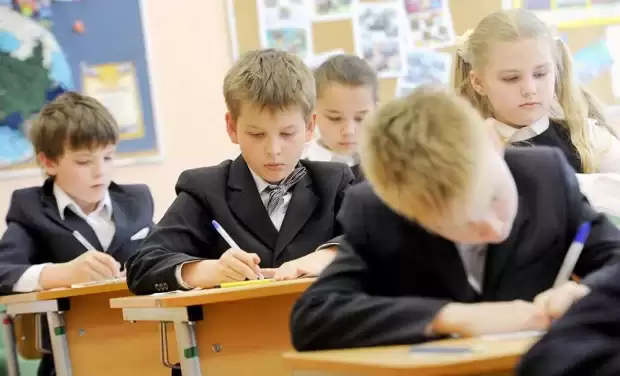
Parents were warned about the consequences of absenteeism
0
Skipping lessons is not just an innocent interruption of studies , and a serious threat to the future success of children. Studies by American and European scientists prove that absenteeism directly affects the academic performance, self-esteem and even career prospects of schoolchildren.
For almost two decades, American scientists have been analyzing how the absence of students from classes affects their grades and later life. Their conclusions are clear: students who miss classes regularly perform lower on tests, fall behind in the curriculum, and are at greater risk of not finishing school altogether.
5 Key Facts About the Impact of Absenteeism on Learning
< ol>
Absence at the beginning of the year is a signal for alarm. Children who skip classes in the first month of school often continue to have poor school attendance throughout the year. Half of those who missed a few days in September miss almost a month of classes by the end of the school year.
Systematic absences harm academic performance. If schoolchildren miss even b 18 days a year (an average of two days a month), this significantly affects their grades and the level of learning the material.
Absenteeism in high school is a precursor to expulsion . Students who regularly skip classes in high school are more likely to not graduate. This is a major risk factor for those who may eventually drop out.
Attendance Increases Chances of Success. Students who improve their attendance increase your chances of successfully completing your studies and improving your academic results.
The pandemic has exacerbated the problem. In the 2020-2021 school year, the number of students who systematically missed classes reached 14.7 million, which is almost double the number before the COVID-19 pandemic. This has become a new challenge for education.
Scottish researchers have also confirmed that systematic absenteeism has a long-term negative impact not only on grades, but also on career prospects in adulthood. They analyzed data from the British and found that the difference in performance between those who rarely missed classes and those who missed even a small number of classes was about 10%. This affects not only school performance, but also subsequent university admissions and the desire to obtain higher education.
Skipping also increases risky behavior among teenagers and reduces motivation to study. A particularly important period is the transition from elementary school to secondary school, when a change in environment can worsen discipline.
Even a few missed days can have serious consequences. Those who missed five days at age 10 were 5.2% more likely not to gain any qualifications after school and 4.1% more likely to be unemployed in the future.









Leave a Reply